Technical
-
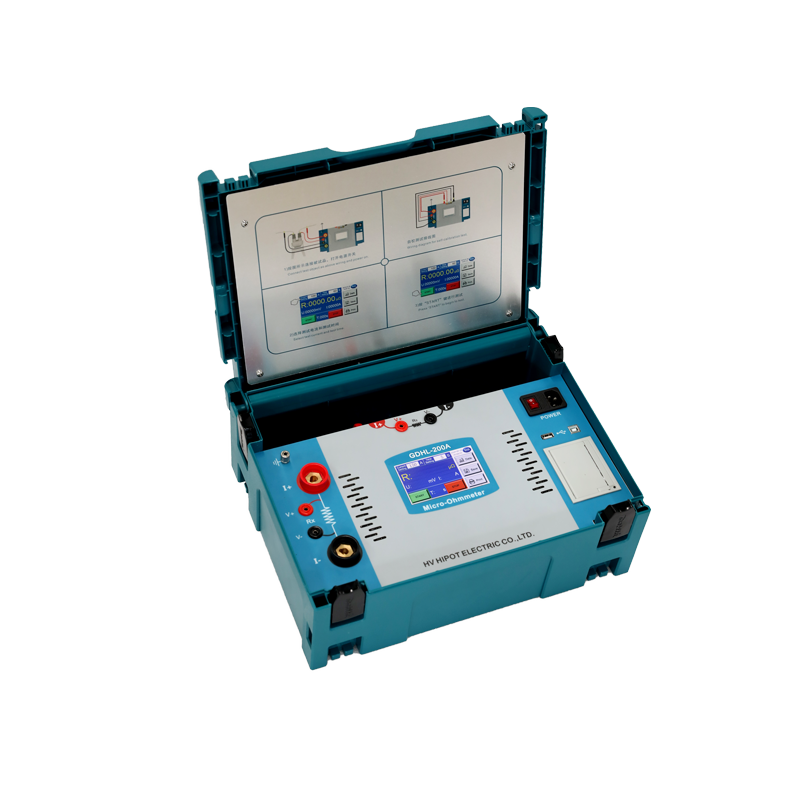
Attention in maintenance and testing about Contact resistance tester
The contact resistance tester is widely used in the measurement of contact resistance, loop resistance, cable and wire, weld contact resistance of various domestic electrical control switches in enterprises. Our company R & D and production of high-precision contact resistance tester, accurat...Read more -
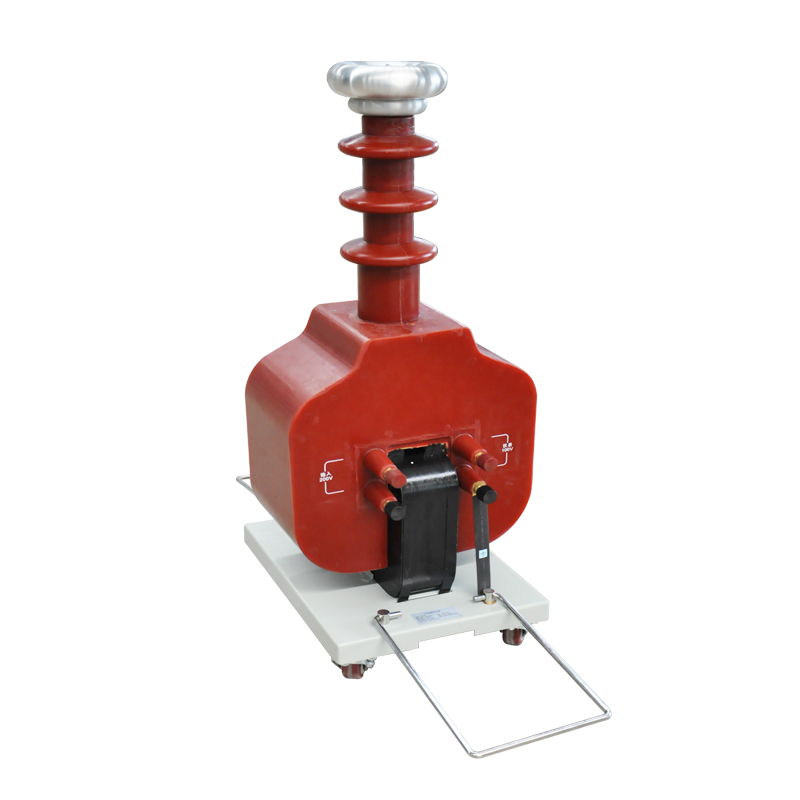
Dc resistance measurement of dry type transformer windings
First, the purpose of winding DC resistance measurement 1.1 Whether the welding or mechanical connection at the connection of the winding wire is good, whether there is welding or poor connection. 1.2 Whether the pin is properly connected to the shell and the pin is properly connected to the tap-...Read more -
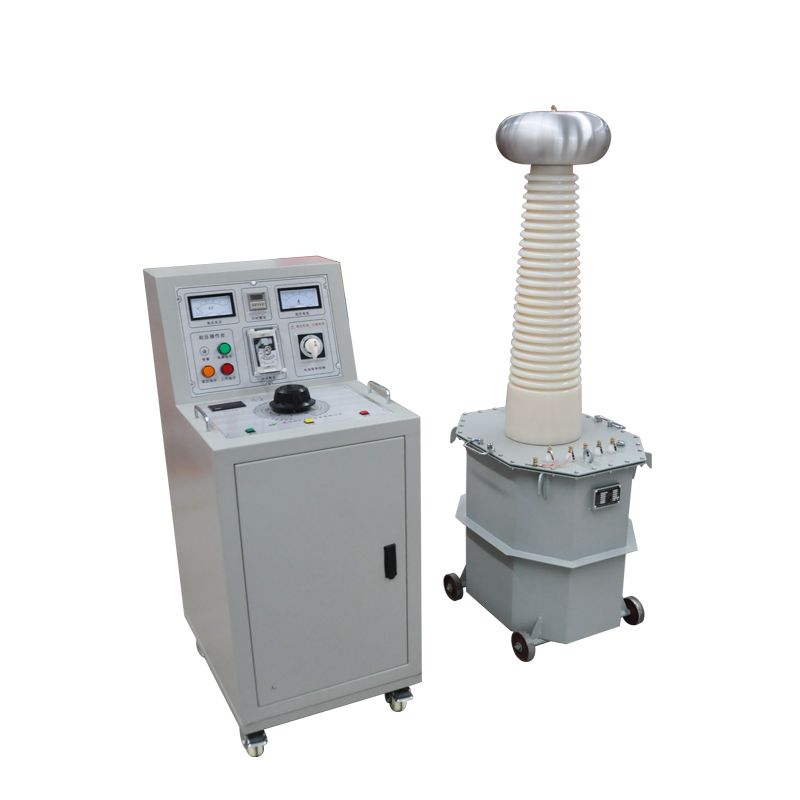
Four ways to judge the degree of aging of electrical equipment
Using electrical equipment for aging has a big safety risk. Therefore, judge the degree of aging of electrical equipment, avoid accidents and maintain the stability of the power system. How to determine the service life of electrical equipment? HVHIPOT editor introduce everyone to know 3 methods...Read more -
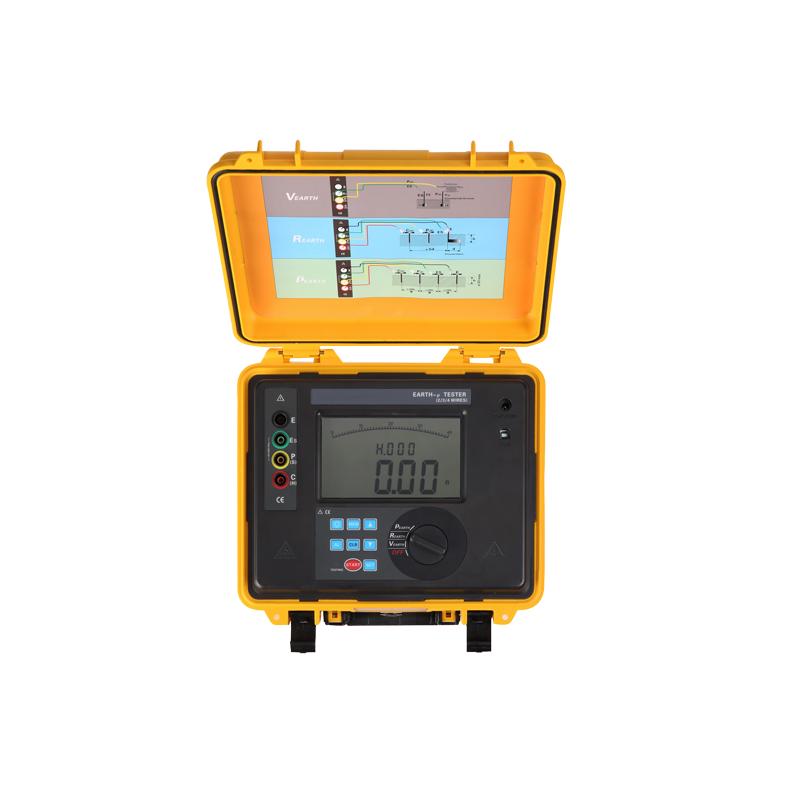
How to use a ground resistance tester in harsh environments?
In sandy and stony soils with high earth resistivity, a grounding network composed of multiple grounding bodies in parallel is often used to meet the requirement of low grounding resistance. But sometimes a lot of steel is used and the ground area is large. It is often difficult to achieve the re...Read more -
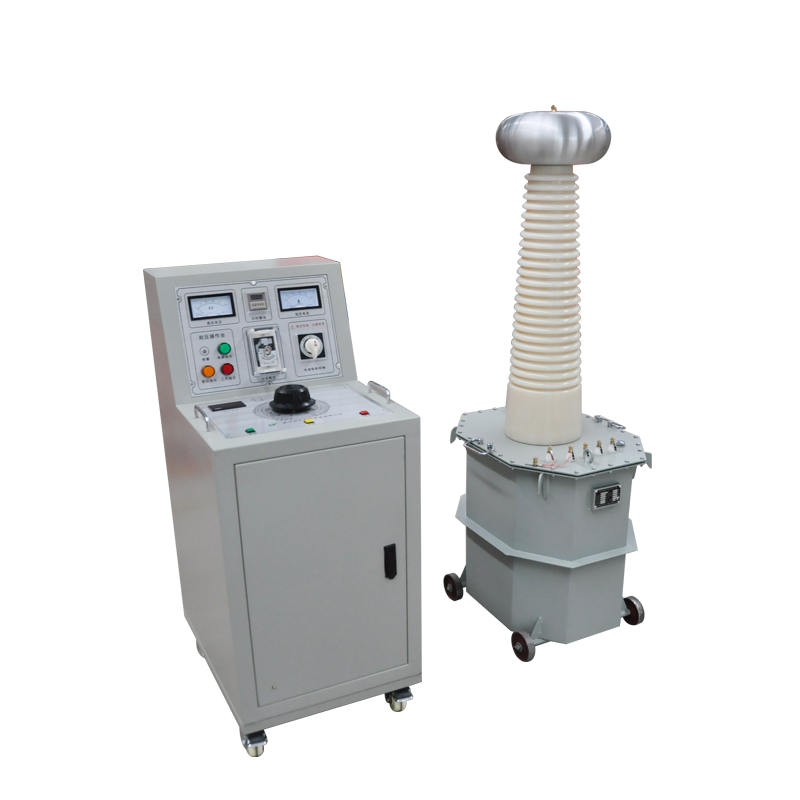
Precautions for Power frequency High voltage test
Some of the main factors that affect the power frequency withstand voltage test are as follows: 1. First of all, we need to choose the appropriate capacity of the test equipment. If the capacity of the test equipment is insufficient or too large, the field test will be affected. 2. The impact of ...Read more -
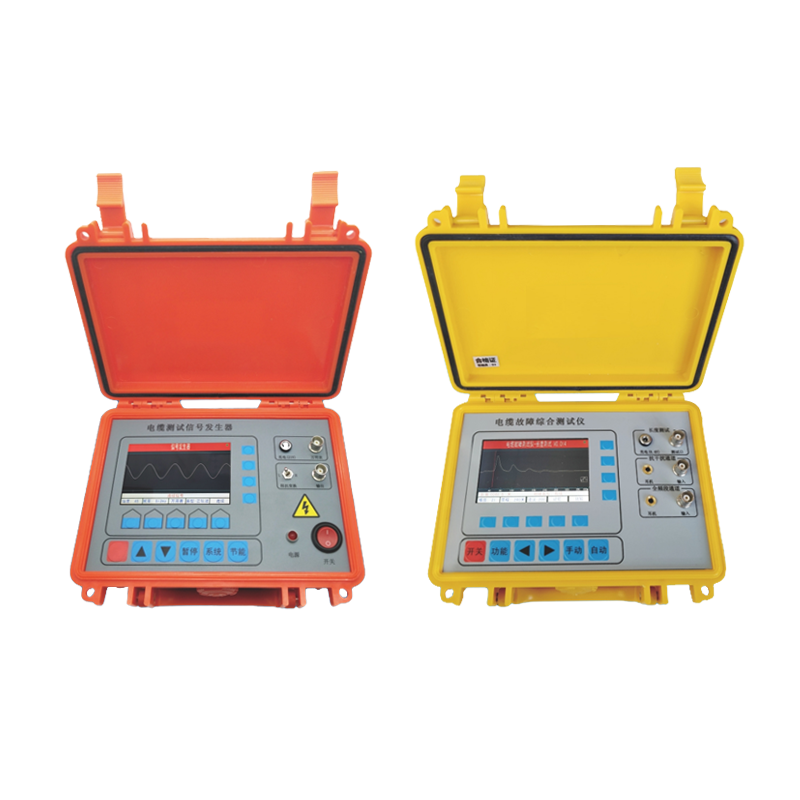
Why do power cables overheat during operation
With the development of electricity, more and more people rely on electricity in life, and the importance of wire and cable has also been highlighted. We know that wires and cables are used for power transmission. If the wire and cable continue to heat during operation, the temperature of the wir...Read more -

How to reduce transformer partial discharge ?
Measures to reduce partial discharge of transformers 1. Dust control Among the factors that cause partial discharge, foreign matter and dust are very important factors. The test results show that the metal particle with the diameter of Phi 1.5μm can generate much more than 500pC discharge under t...Read more -

Fault analysis and treatment of relay protection
First, relay protection fault analysis 1, current mutual inductance saturation fault The saturation of current transformer to the relay protection of power system is very large. With the increase of the terminal capacity of the distribution system equipment, the short circuit current will be larg...Read more -
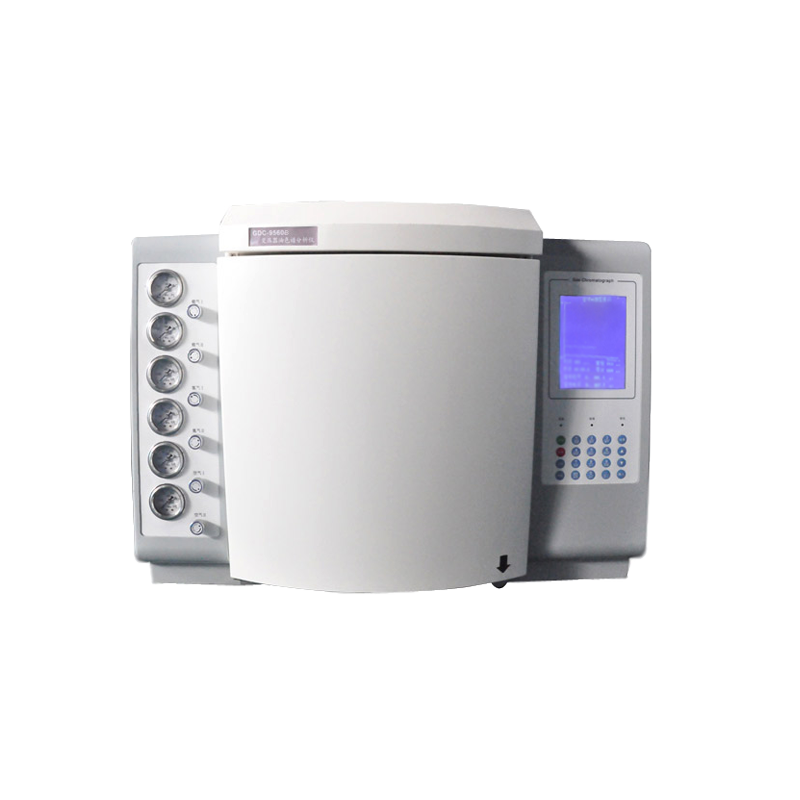
How to improve the sensitivity of oil chromatography analyzer?
Oil chromatography analyzers mainly use differences in boiling points, polarities and adsorption properties of substances to separate mixtures. After the sample to be analyzed is vaporized in the vaporization chamber, an inert gas (i.e., carrier gas, also called mobile phase) is brought into the ...Read more -
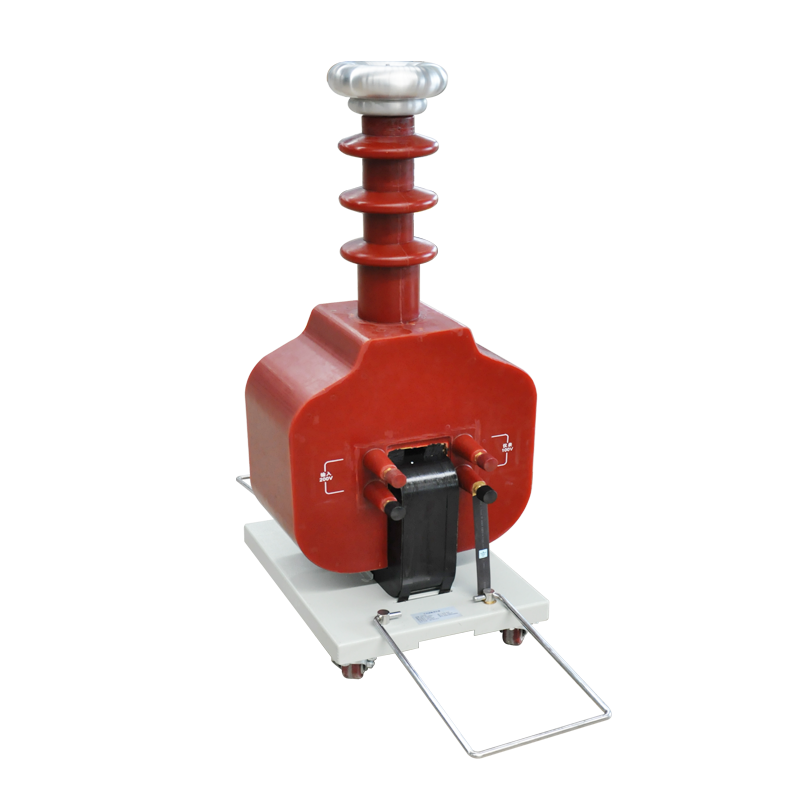
Common causes and solutions of short circuit damage to dry-type transformers
1. In recent years, dry-type transformer accidents have occurred frequently. From the analysis of dry-type transformer accidents, short-circuit damage has become the main cause of power dry-type transformer accidents, causing great harm to the power grid and seriously affecting the safe operation...Read more -

Knowledge points related to partial discharge tester
Partial discharge refers to electrical breakdown under sharp voltage gradients in insulation systems, usually manifesting as non-sustained, pulse-like discharges. GDPD-316M handheld partial discharge inspectior 1. Working principle: The par...Read more -
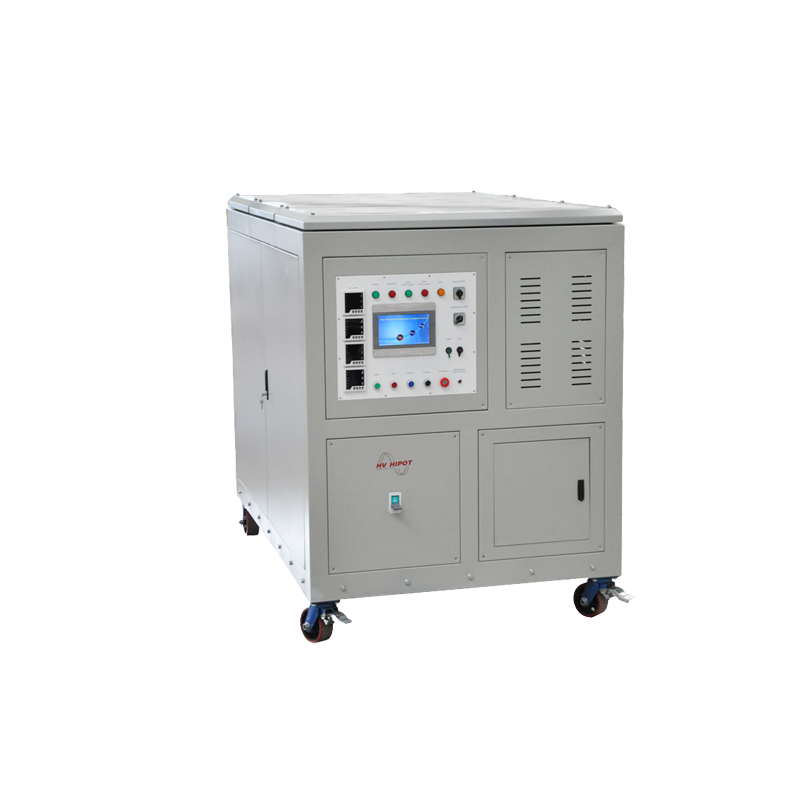
Principles of using Primary Current Generator
primary current generators can be used as high current test devices or primary current injection testing is a preventive maintenance technique that injects current to evaluate the performance of circuit breakers installed in electrical or automation systems. Because circuit breakers are so critic...Read more
